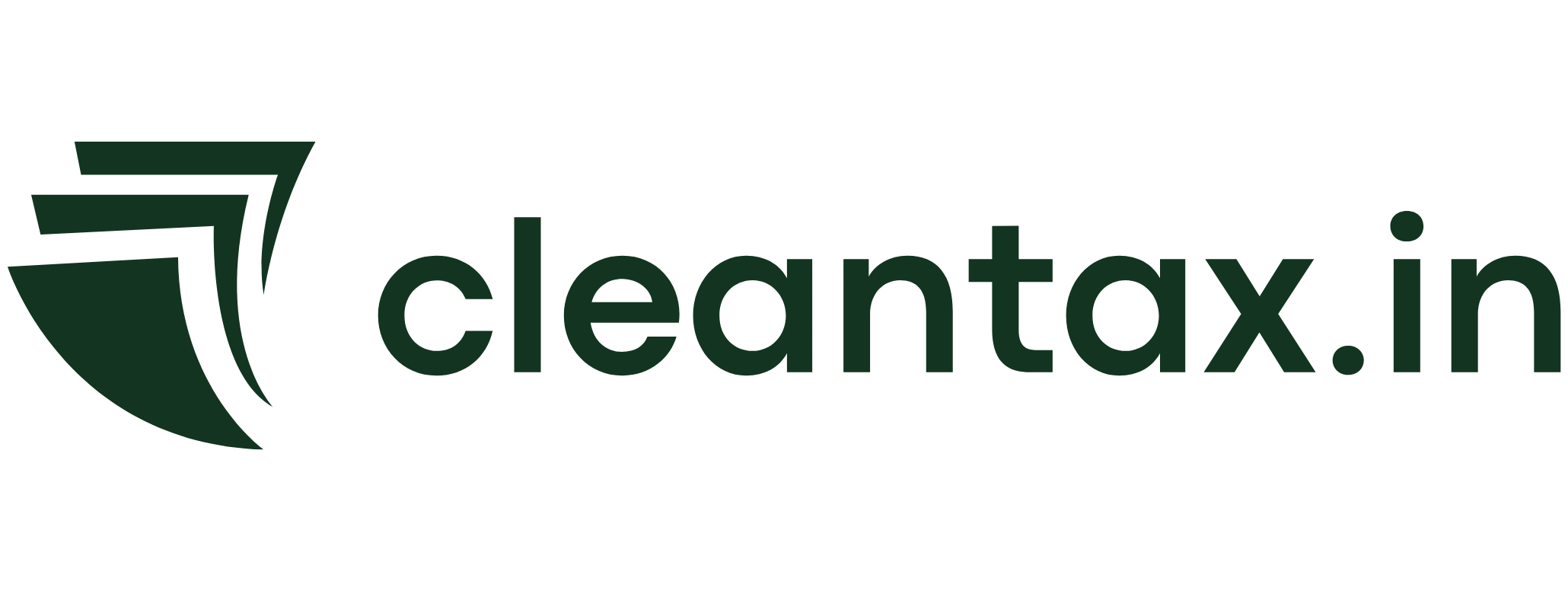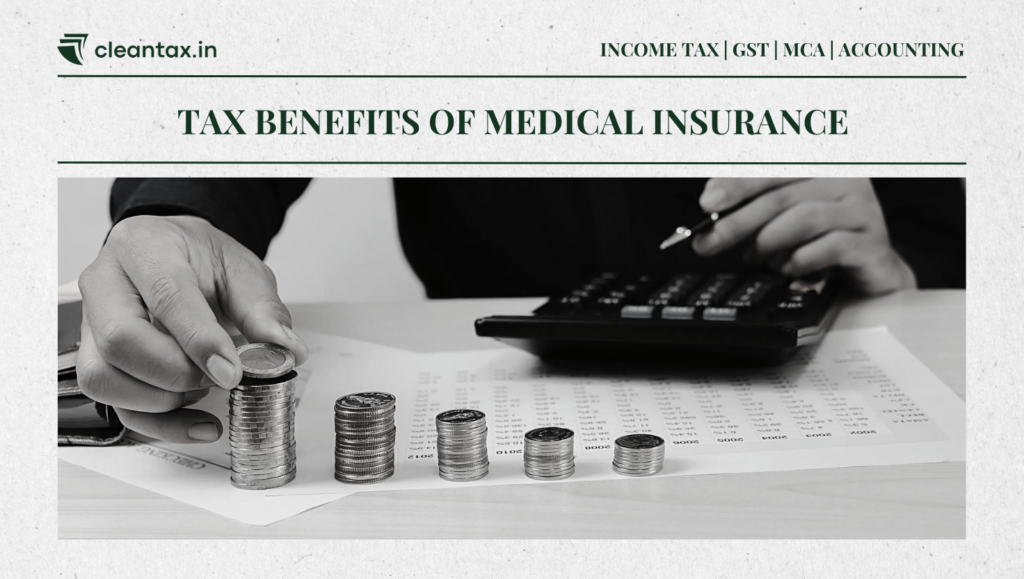Health insurance is more than just a financial product; it’s a safety net that shields you and your family from unexpected medical expenses. But did you know that there are so many Tax Benefits of Medical Insurance?
The Government of India incentivizes individuals to secure their health and finances by offering tax deductions on health insurance premiums and related medical expenses under Section 80D of the Income Tax Act.
In this comprehensive guide, we will dive into the details of Section 80D, covering its eligibility criteria, deductions, benefits, and tips to make the most of this provision.
What is Section 80D?
Section 80D of the Income Tax Act allows individuals and Hindu Undivided Families (HUFs) to claim deductions on health insurance premiums paid during the financial year. These deductions also extend to preventive health check-ups, medical expenses for senior citizens, and contributions to the Central Government Health Scheme (CGHS).
One key highlight is that deductions under Section 80D are over and above the limit of Rs. 1.5 lakh under Section 80C. However, these benefits are applicable only if you choose the old tax regime.
Who Can Claim Deductions Under Section 80D?
Section 80D benefits are available to:
- Individuals: For health insurance premiums paid for self, spouse, dependent children, and parents.
- Hindu Undivided Families (HUFs): For premiums paid for any member of the HUF.
However, companies and firms are not eligible to claim deductions under this section.
What Expenses are Covered Under Section 80D?
Here’s a detailed breakdown of what qualifies for deductions:
- Health Insurance Premiums
- Up to Rs. 25,000 for individuals below 60 years of age.
- Up to Rs. 50,000 for senior citizens (60 years or older).
- Preventive Health Check-Ups
- Deduction of up to Rs. 5,000 per financial year for self, spouse, dependent children, or parents.
- Medical Expenses for Senior Citizens
- If senior citizens (aged 60 or above) do not have health insurance, medical expenses up to Rs. 50,000 can be claimed.
- Central Government Health Scheme (CGHS)
- Contributions to CGHS or any other notified scheme are eligible for deductions up to Rs. 25,000.
Maximum Deduction Limits
The deduction limits under Section 80D vary depending on the age of the insured members. Below is a summary:
| Insured Members | Deduction for Self & Family | Deduction for Parents | Preventive Health Check-Up | Total Deduction |
| Self & Family (<60 years) | Rs. 25,000 | – | Rs. 5,000 | Rs. 25,000 |
| Self & Family (<60) + Parents (<60) | Rs. 25,000 | Rs. 25,000 | Rs. 5,000 | Rs. 50,000 |
| Self & Family (<60) + Parents (60+) | Rs. 25,000 | Rs. 50,000 | Rs. 5,000 | Rs. 75,000 |
| Self, Family, and Parents (all 60+) | Rs. 50,000 | Rs. 50,000 | Rs. 5,000 | Rs. 1,00,000 |
Modes of Payment Allowed Under Section 80D
To claim deductions, payments must be made using specific methods:
- Health Insurance Premiums: Any mode of payment except cash.
- Preventive Health Check-Ups: Payment in cash is allowed.
- Medical Expenses for Senior Citizens: Any mode except cash.
Understanding Preventive Health Check-Ups
Preventive health check-ups are designed to help detect illnesses early and reduce health risks. Under Section 80D, you can claim up to Rs. 5,000 for these expenses. However, this amount is part of the overall deduction limit of Rs. 25,000 or Rs. 50,000, as applicable.
Example: Suppose Rohan pays Rs. 20,000 as health insurance premium and Rs. 5,000 for a health check-up. He can claim a total deduction of Rs. 25,000.
Provisions for Senior Citizens
Senior citizens (aged 60 or above) can avail additional benefits under Section 80D:
- If they do not have health insurance, they can claim up to Rs. 50,000 for medical expenses.
- If they have health insurance, the premium paid can be claimed within the Rs. 50,000 limit.
Example: Ravi’s senior citizen parents incurred medical expenses of Rs. 70,000 but do not have health insurance. He can claim Rs. 50,000 as a deduction.
Multi-Year Health Insurance Policies
If you purchase a long-term health insurance policy, the premium is proportionately distributed across the policy tenure for deduction purposes.
Example: A three-year health insurance policy with a premium of Rs. 60,000 allows you to claim Rs. 20,000 each year for three years.
Choosing the Right Health Insurance Policy
Here are some tips to select a policy that maximizes your Section 80D benefits:
- IRDA-Approved Policies: Ensure the policy is approved by the Insurance Regulatory and Development Authority (IRDA).
- Cashless Claims: Opt for insurers offering a wide network of hospitals for cashless claims.
- Comprehensive Coverage: Look for policies covering pre- and post-hospitalization expenses, critical illnesses, and alternative treatments (like AYUSH).
- No-Claim Bonus: Choose insurers offering a no-claim bonus to increase coverage without additional premiums.
- Preventive Health Check-Up Benefits: Verify if the policy includes annual health check-ups.
Tax-Saving Strategies Using Section 80D
To maximize your savings, consider these strategies:
- Insure Parents: Buy separate health insurance policies for your parents to claim additional deductions.
- Leverage Preventive Check-Ups: Regular health check-ups not only ensure well-being but also qualify for deductions.
- Opt for Family Floaters: These policies cover all family members and can optimize your premium costs.
- Plan Multi-Year Payments: Pay premiums for long-term policies upfront to lock in lower premiums and secure deductions.
Common Mistakes to Avoid
- Cash Payments: Avoid paying premiums in cash, as these payments are ineligible for deductions.
- Exceeding Limits: Ensure your claims do not exceed the prescribed deduction limits.
- Omitting Documentation: Maintain proof of premium payments and health check-up bills for easy tax filing.
For More Information Please Visit:
- Understanding Tax Deductions Under Section 80C (Groww)
- Top Health Insurance Policies in India for Families and Individuals (PolicyBazar)
- 10 Common Mistakes to Avoid When Filing Income Tax Returns (The Indian Express)
- How Preventive Health Check-Ups Can Save You Money (Onsurity)
Conclusion
Section 80D is a valuable provision for safeguarding both your health and finances. By investing in the right health insurance policy and understanding the deductions available, you can ensure comprehensive coverage and significant tax savings. Take proactive steps today to secure your future and make the most of these benefits.
FAQ’s Related to Tax Benefits of Medical Insurance
Can I claim deductions for siblings or grandparents under Section 80D?
No, deductions are only available for self, spouse, dependent children, and parents.
Are dental treatments covered under Section 80D?
Dental treatments are generally not covered unless part of a broader health insurance plan.
Is the deduction available under the new tax regime?
No, Section 80D benefits can only be claimed under the old tax regime.
Can I claim deductions for premiums paid for overseas health insurance?
No, only premiums paid for policies approved by IRDA and covering medical expenses in India are eligible.


